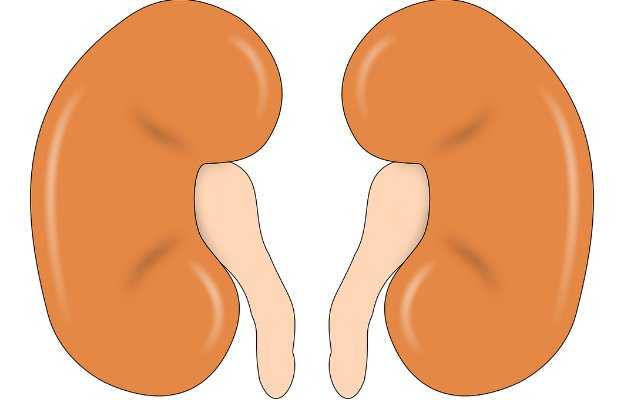What is Wilms tumour?
Wilms tumour is an embryonal type of renal or kidney cancer. It is the most common type of solid malignant neoplasm (cancerous tumour) in children. This condition was first described under a different name by Dr Max Wilms, a surgeon, and was initially known as congenital sarcoma of the kidney.
What are its main signs and symptoms?
The tumour is almost always found before the child reaches 10 years of age. Common symptoms of Wilms tumour include:
- Palpable abdominal mass
- Abdominal pain
- Loss of appetite
- Nausea
- Vomiting
- Haematuria (presence of blood in urine)
- Hepatomegaly (enlarged liver)
- Ascites (accumulation of fluid in the abdomen)
- Congestive heart failure
- Increased blood pressure
- Dysmorphism (abnormal body structure)
- Pallor
What are the main causes?
Wilms tumour is a rare disease and genetic factors play a vital role. Substantial genetics and molecular studies have contributed to an understanding of the pathogenesis of Wilms tumour. Changes in chromosome 11 have been associated with Wilms tumour.
How is it diagnosed and treated?
Wilms tumour is diagnosed by:
- Presence of upper abdominal swelling
- History and family history
- Ultrasonography of the abdomen and pelvis
- Hypoglycaemia (low blood sugar) in infants
- Computed tomography (CT) scan
- Complete blood count (CBC)
- Renal (kidney) function test
- Urinalysis
- Liver function tests
Treatment of Wilms tumour includes surgery, chemotherapy, and radiotherapy. The role of surgery is critical, as there may be chances of tumour rupture. Transperitoneal radical removal, a type of surgery where the kidney is removed by opening the abdomen, of the kidney is the most preferred operative procedure for unilateral renal tumour. Partial removal of the kidney and excision is also considered in many cases. Recovery happens rapidly once removal is done. Dialysis might be needed going ahead to prevent complications related to overload on one kidney.

 OTC Medicines for Wilms Tumor
OTC Medicines for Wilms Tumor















